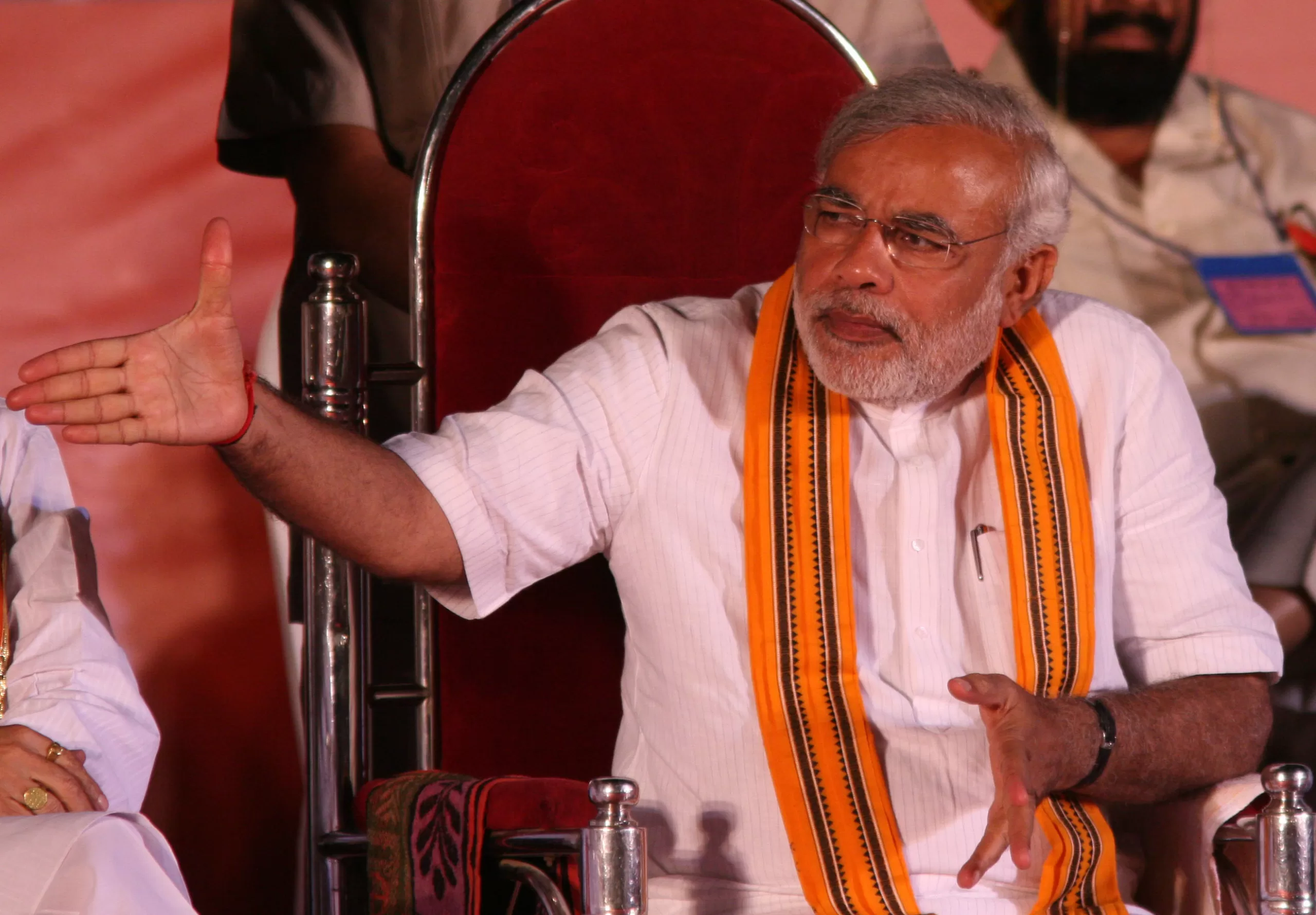 The Australian government’s ignorance about the Internet is impeding attempts to ban online content, says John Ozimek
The Australian government’s ignorance about the Internet is impeding attempts to ban online content, says John Ozimek
Over the last six months, I have been keeping a close watch on events “down under”. The Australian government has proposed — to widespread dismay from individuals and Internet providers alike — the installation of a hi-tech firewall that will block all inappropriate content, US-hosted child abuse, for instance, at point of entry.
Such blocking now has fairly wide acceptance: if the material and site sat within Australian jurisdiction, all involved in the transaction would be subject to police action and prosecution: where site traffic crosses international boundaries, something needs to be done to stop an immoral and degrading transaction — and blocking is the least worst of many possible ills. Debate then focuses on issues such as whether the blocking organisation should be freestanding — as the UK’s Internet Watch Foundation — or more closely grounded in the judicial system, as proposed in Germany.
Opponents come in two varieties. Purists simply object to censorship — any censorship — on the grounds that the state’s job is to punish crime, not remove the possibility of doing bad. Pragmatists are more numerous: they accept blocking, althought for them, the question is where, rather than whether.
The problem is that whilst some people would block merely that which was illegal, others would like to go further. UK law widens this by an increasing use of the highly elastic concept of “potential illegality”.
Australia has gone a step further, Communications Minister Stephen Conroy has suggested that they will block all “inappropriate” material. The moment a minister starts talking about “inappropriate” or, as he did earlier this year, asking the public just to trust the government to know what is in the public’s best interests, we should be worried.
This is compounded by the ongoing saga of the ban imposed by the Australian Communications and Media Authority (ACMA). Last year they agreed with a complainant that an image of aborted foetuses, shown on a US anti-abortion website, potentially contravened their code of practice — but could do nothing about a site hosted outside of Australia.
This year, they discovered a popular news site — Whirlpool — had written about their views and had had the temerity to provide a link to the site in question. ACMA responded by threatening to fine the news service $11,000 a day until they took the link down. A little later, Electronic Frontiers Australia, a non-profit anti-censorship site, also linked to the page in question — with the same result.
In the face of such threats, both ISPs complied. Yet what does this tell us about the state of Australian censorship? Is free speech so lightly valued that merely giving individuals the ability to look at a picture that is not illegal and decide what they think of it for themselves is now an offence with serious financial ramifications?
How consistent is it? It is still possible to look at almost any Australian-based search engine, yet as far as I am aware, ACMA have done nothing about those.
As comments go, I was prepared, when first asked to write this piece, to fulminate against illiberal Australian bureaucrats. Since I have now spoken to ACMA and attempted to elicit answers to the above questions from them, I am less sure. I mentioned to them a block they had imposed on an abortion site. They couldn’t comment because I hadn’t given them enough detail.
Feed “ACMA” and “abortion” to google and the very first link gives the origins of this story. Feed it my name and ACMA — and you find a story I wrote about the very issue. I am genuinely flabbergasted: the body tasked with policing the Australian Internet doesn’t know how to use a search engine — which is probably why they haven’t yet spotted the inconsistency of their position (or have gone after local search engines).
All of which leads me to a slightly different conclusion: that much current government rhetoric about the Internet is based more on ignorance than anything else. This is at two levels. First there is simple ignorance of the practicalities: the reason why Stephen Conroy is ploughing on with a plan that almost every technical adviser tells him it won’t work and will harm the Australian internet (not unlike equally lunatic rhetoric from the UK Culture Minister, Andy Burnham, that implies classifying every page on the Internet with a cinema-like rating).
But second and more important, there is the simple cultural gap. Those doing the censoring — ACMA in particular — just don’t get it. They don’t use the Internet in the same way as a generation that has grown up with it. They regard it seriously — pompously, even — and have little concept of the myriad of shortcuts and backways to material they may disapprove of. So they huff and puff and deliver edicts that those who know the net can ignore with impunity.
If they had the power, they would be very dangerous indeed. In fact, they are a naked — and impotent — windbag of would-be moral arbiters. Luckily, they haven’t the first idea how to impose their will on the rest of us.





